Selected Plants of Navajo Rangelands
Gilia
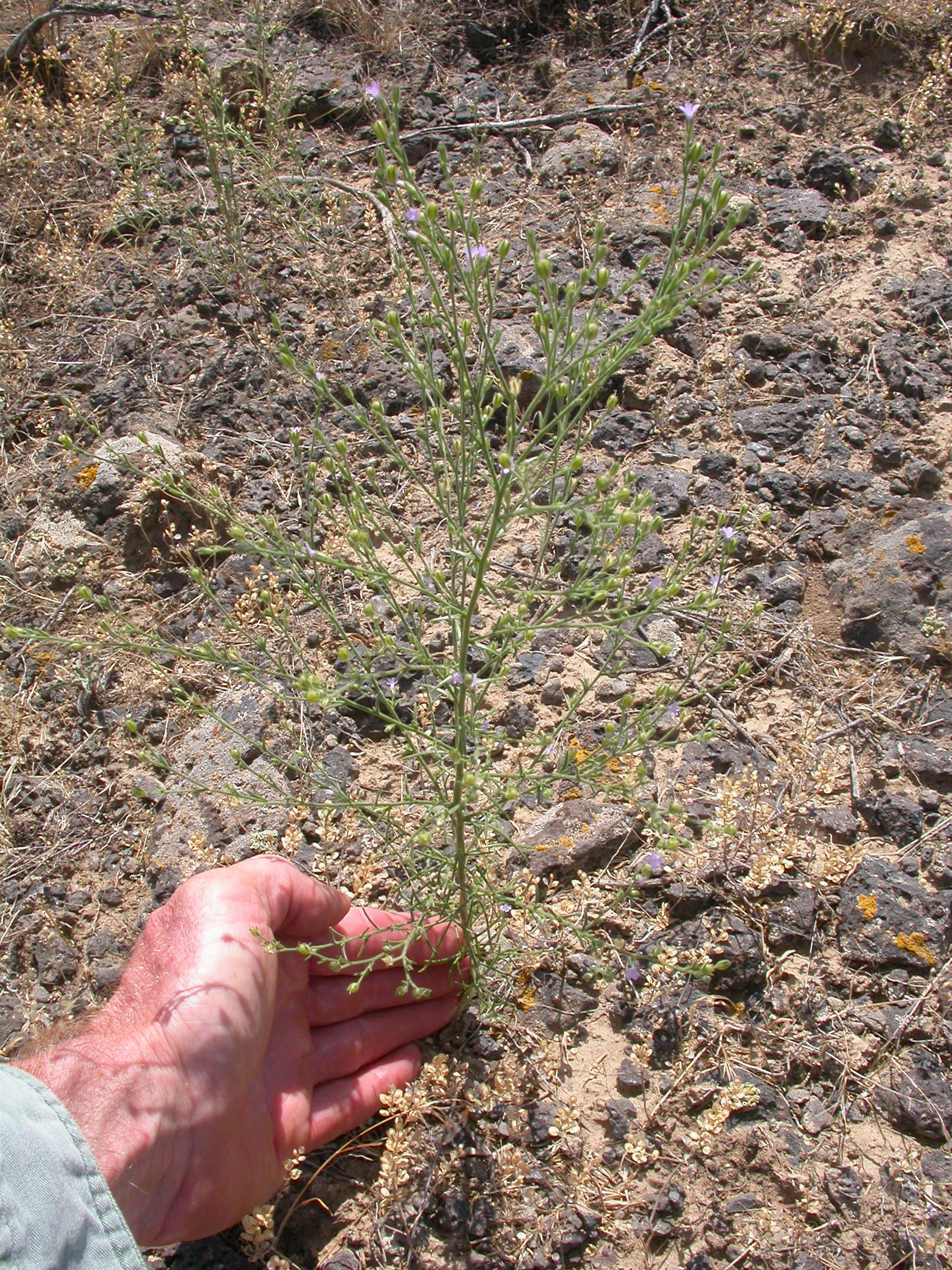
Gilia is an herbaceous annual that can grow to heights of 5 feet, though the plants more commonly grow to about 3 feet. The plants provide food for hummingbirds and hawkmoths. The tubular flowers vary in color, but shy gilia (Gilia inconspicua) has pink blooms and scarlet gilia (Ipomopsis aggregata/Gilia aggregata) flowers in deep shades of salmon and red.
The stems are hairy (and sometimes sticky) as are the pinnate leaves. The scarlet gilia has many traditional medicinal uses, including treatment of colds, rheumatism, and skin irritation.
Gilia is a member of the phlox family, and gilia species are native to most of the western United States and a few pockets in the east.
A similar plant that is on the Navajo Endangered Species List:
- Aliciella formosa, Aztec gilia (Group 4 Navajo Endangered Species List)
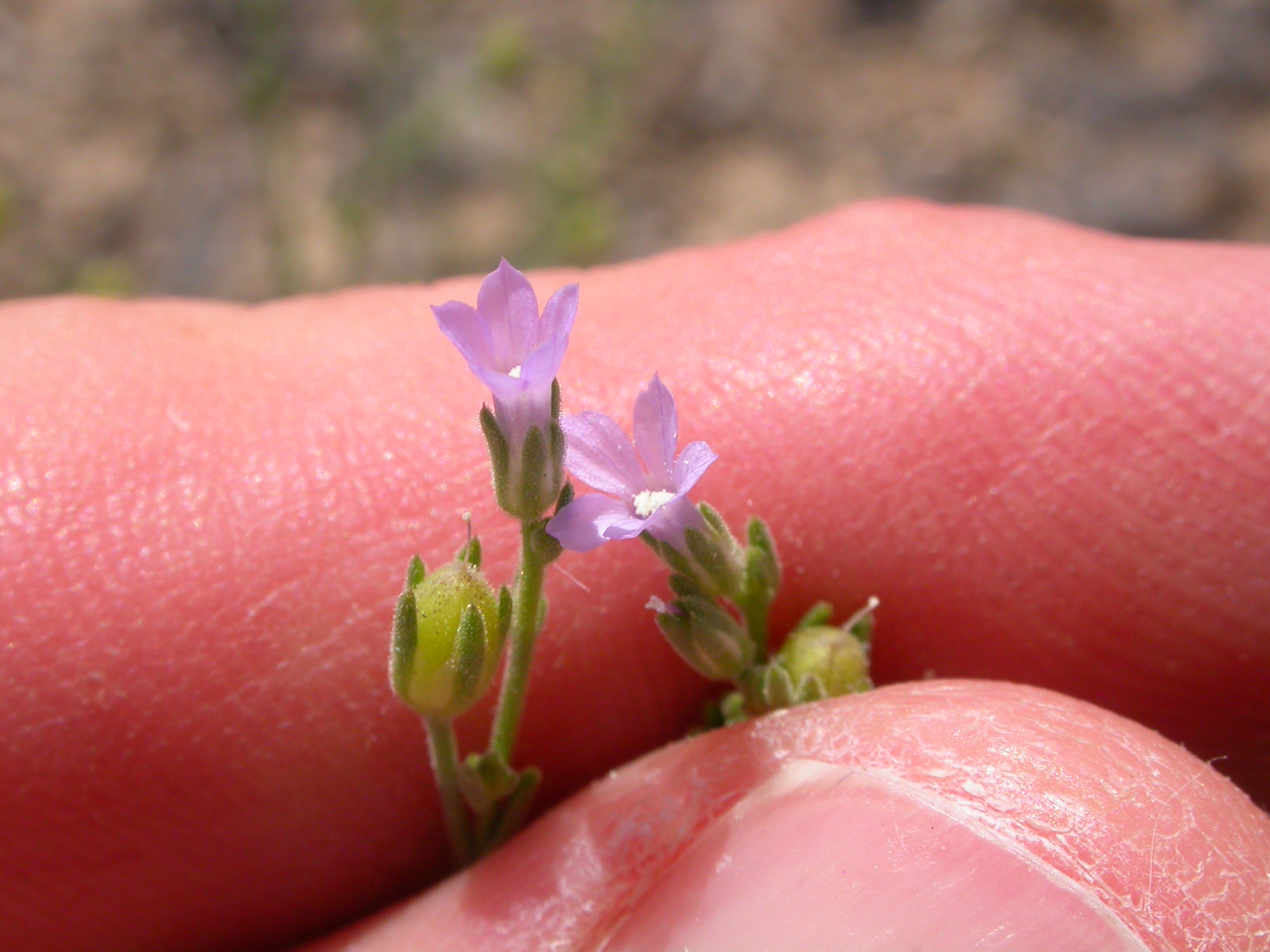
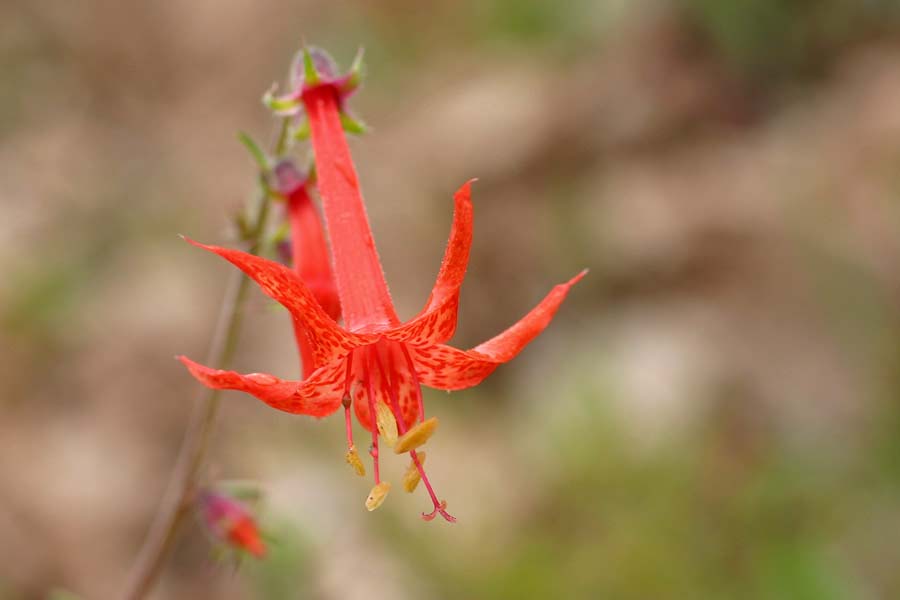
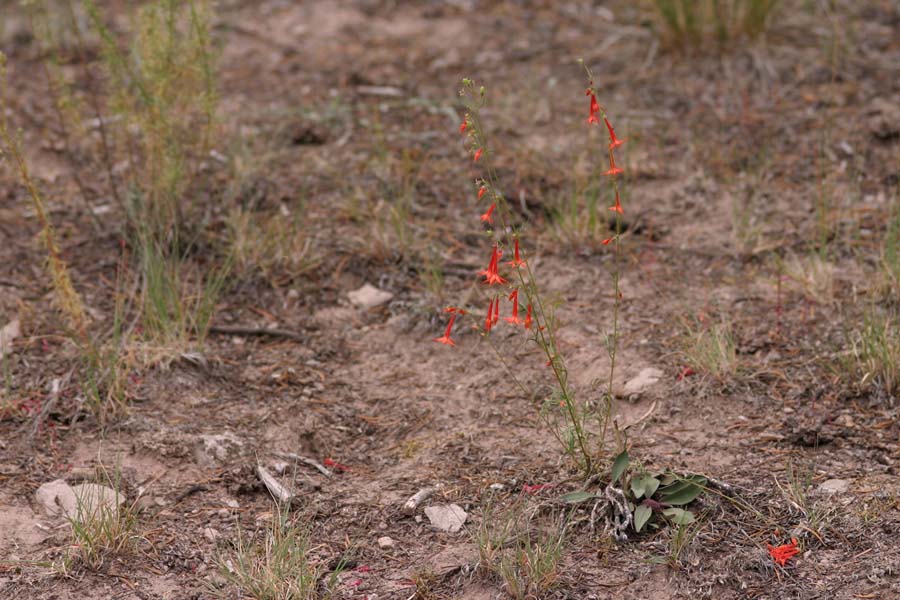
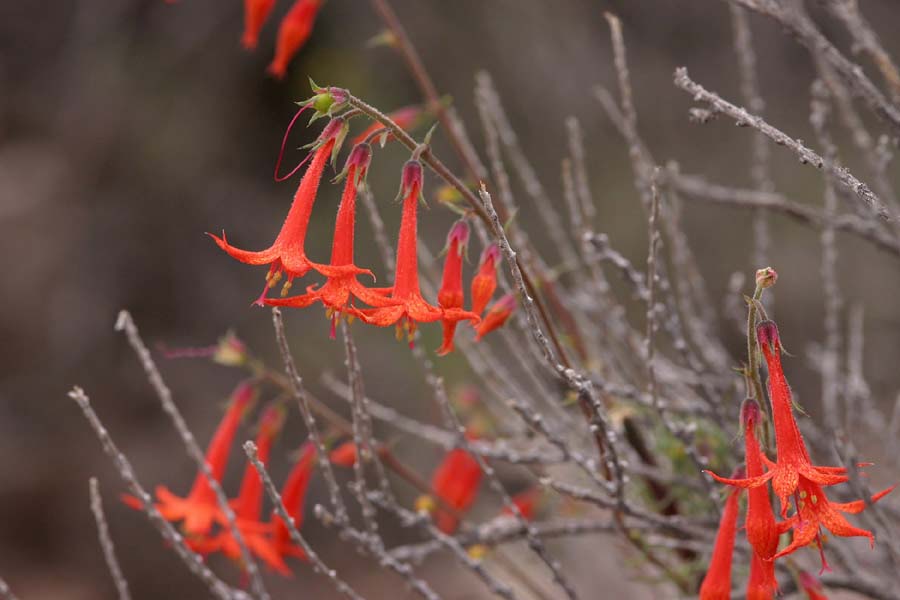
©2018 NMSU Board of Regents.
Individual photographers retain all rights to their images.
Partially funded by the
Western Sustainable
Agriculture Research and Education Program
(westernsare.org; 435.797.2257),
project EW15-023.
Programs and projects supported by Western SARE are
equally open to all people.